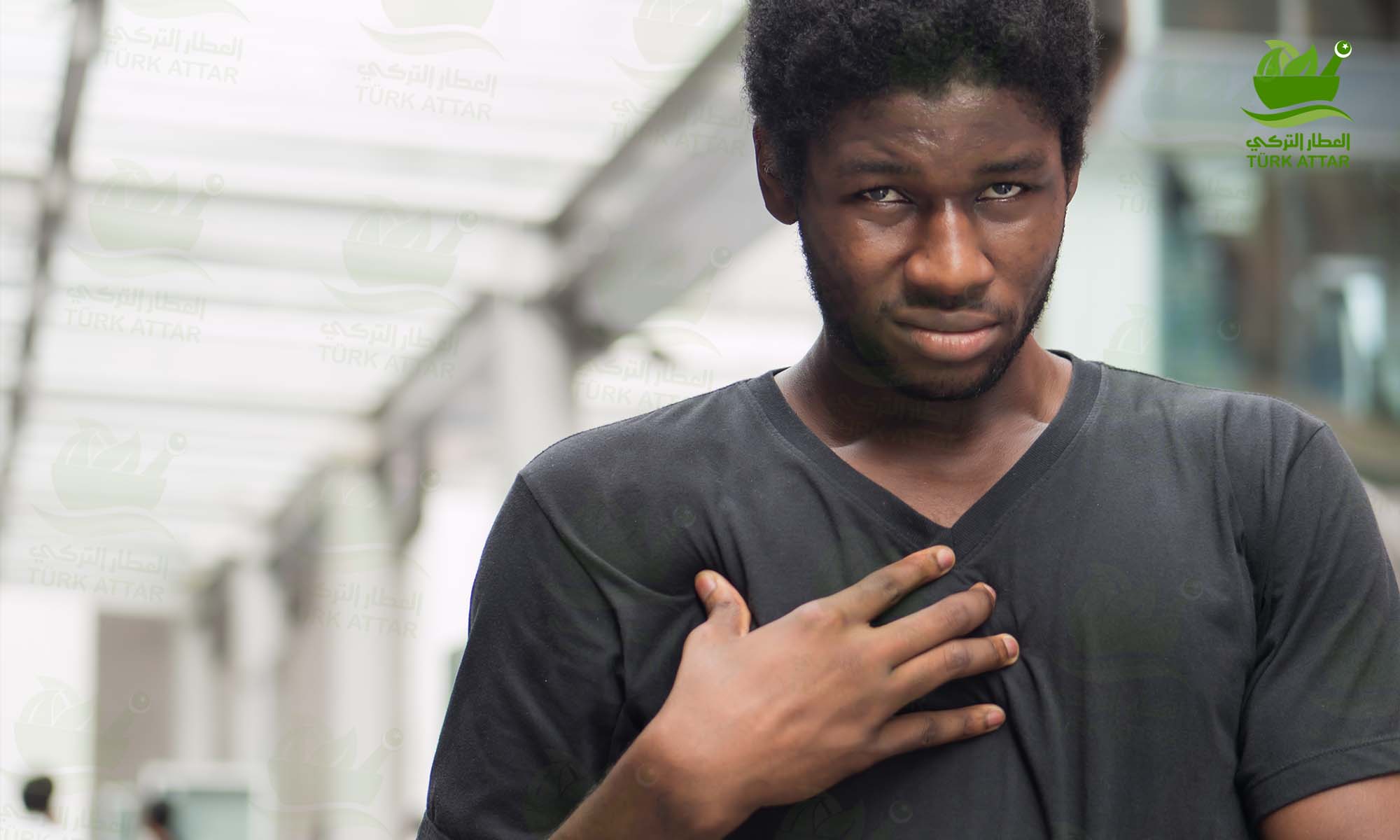
Reflux Esophagitis is usually felt as a burning pain behind the rib cage (retrosternal). Sometimes, in addition to pain, complaints such as food and bitter water coming in the mouth can also be seen. It often happens after meals, and can be effective for a few minutes to a few hours. Complaints do not go away with rest or exercise. It gets worse when you lie flat and lean forward. It can pass by sitting upright or taking antacids. 10% of the population has the above-mentioned complaints. It is also common in pregnant women due to increased intra-abdominal pressure.
Reflux Esophagitis
What are the causes?
Your esophagitis is a tube that connects your stomach to your mouth. The lower end of the esophagitis is a small, round muscle called the lower oesophageal sphincter. This sphincter muscle opens quickly to allow food to pass into the stomach and closes immediately to prevent the contents from returning to the esophagitis.
If this muscle is too weak or relaxes at the wrong time, stomach acid can back up into the esophagitis. This is called “reflux” and is often caused by not going to bed right after large meals or heavy meals eaten late.
The mucous membrane lining the esophagitis is irritated by stomach acid and after a while, the lower esophagitis becomes red and eroded.
Esophagitis related tests
Many tests are used to diagnose esophagitis. Gastroscopy is used to understand whether there is any damage in the esophageal canal.
Treatment
A number of tests can be taken to eliminate complaints of esophagitis:
Diet:
Avoid foods that cause sensitivity. Especially fatty foods, coffee, tea, cocoa and acidic beverages.
Reducing and balancing the amount of food and calories. Overweight people have more symptoms than others. Losing weight can help.
Avoiding lying down immediately after a meal prevents the stomach contents from returning to the esophagus.
Leaning forward, lifting heavy weights, wearing tight clothes with a belt, and pushing also increase complaints.
Avoid eating three hours before bedtime.
Medication:
Liquid antacids can be taken with your doctor's prescription to protect the esophagus and suppress stomach acid.
Raising the head of the bed helps prevent the return of stomach acid.
If you smoke, try to quit or at least reduce it. Smoking increases the amount of stomach acid and weakens the strength of the lower esophageal muscle.
Complications of Esophagitis
If left untreated, the irritated area may bleed gradually. Excessive bleeding causes anemia or low blood values.
Damage to the lower esophagus also causes injury to the mucosa. The scar that will occur in the mucosa may result in narrowing of this region. Gradually, difficulties arise in swallowing while eating. In patients with serious wounds, swallowing becomes a problem. In this case, the stenosis is opened with endoscopic methods.

2 Comment(s)
1
1
1
1
1
Leave a Comment